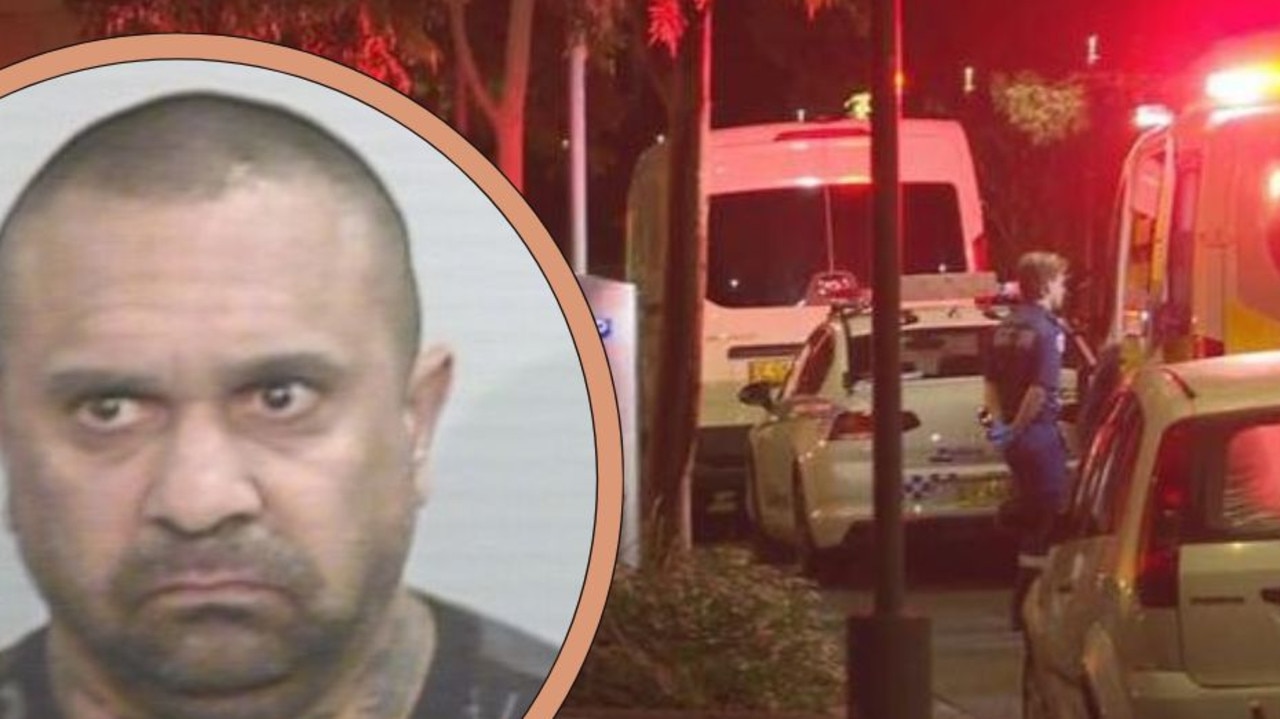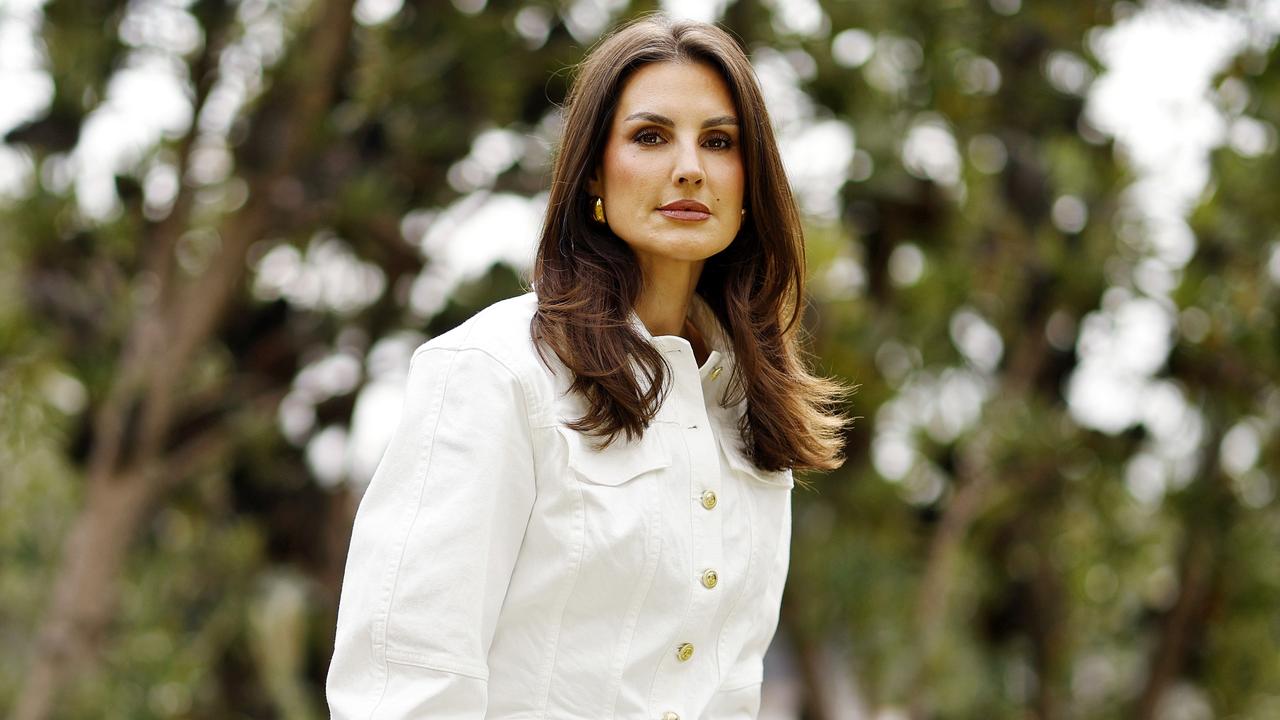Hockeyroo Anna Flanagan talks about her arrest, living in her car and alcohol abuse
Once the golden girl of Australian hockey, a drink-driving arrest started a downward spiral for Hockeyroo Anna Flanagan, who found herself living in her car, fighting alcohol abuse and suicidal. Read how she clawed her way back from the brink.
NSW
Don't miss out on the headlines from NSW. Followed categories will be added to My News.
Hockeyroo golden girl Anna Flanagan was at her lowest ebb and living in her car when police arrested her in the Sydney suburb of Northmead last September, charging the Olympian with high-range prescribed concentration of alcohol and resisting arrest.
Last week the former Hockey Australia poster girl — one of Australia’s highest profile hockey players of all time — pleaded guilty in Parramatta Court to the offences. Next Thursday the 29-year-old faces sentencing.
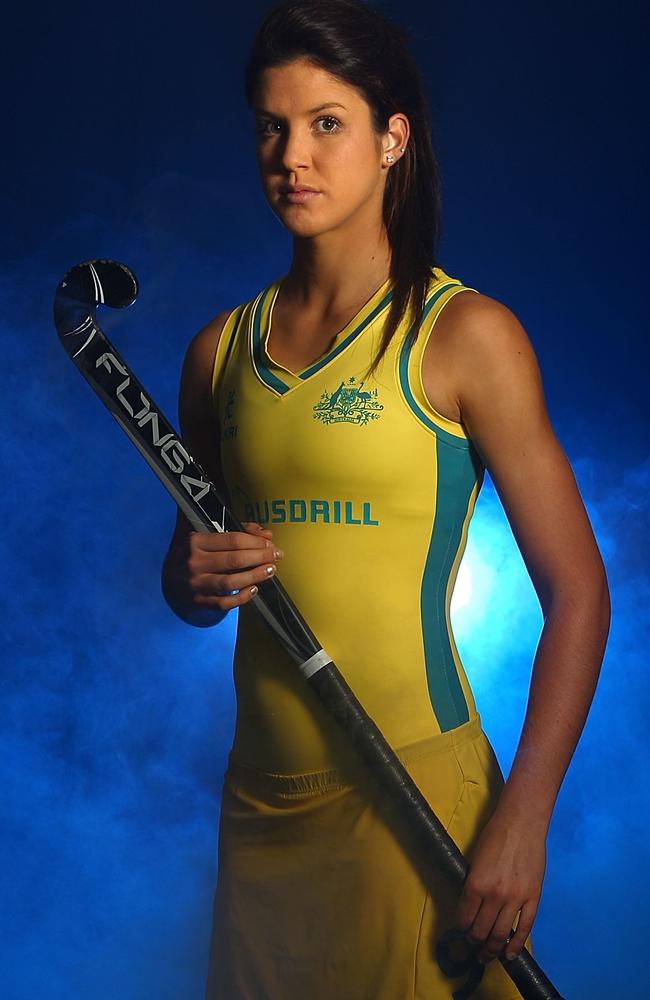
On Friday a remorseful Flanagan told The Saturday Telegraph the police arrest, following a tip-off from a friend, probably saved her life.
“I was homeless at the time and going downhill pretty fast.
“Getting arrested was my lowest point, and as terrible as getting picked up by police was, it saved my life. I know it did. Prior to that I just wanted to die,” she said tearfully.
It wasn’t her first alcohol-related arrest and she admits she has struggled for years with alcohol abuse
In March 2016 Flanagan failed a breath test in Perth after blowing three times the legal limit. Two months later Hockey Australia dropped her from the squad, ending her Rio Olympics campaign.
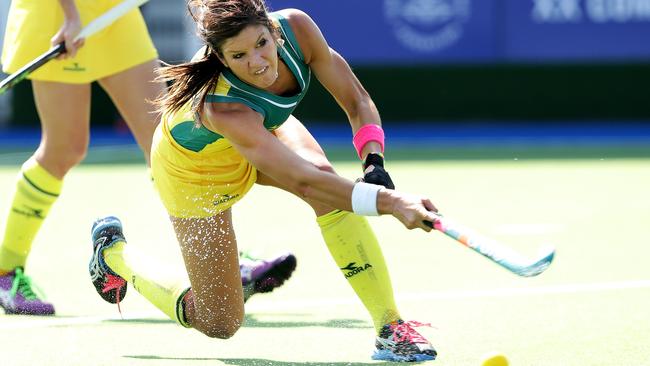
Flanagan, who says she has battled mental health issues and has a history of eating disorders, is still coming to terms with the way she was treated by Hockey Australia over several years.
“I was the highest profile person and then I was nothing,” she said.
She claims Hockey Australia knew about her alcoholism but ignored it.
It was an experience that prompted her to participate in last year’s damning governance review into the sporting body.
The review resulted in 29 recommendations concerning “a dysfunctional culture within the program”, and led to the resignations of high performance director Toni Cumpston and coach Paul Gaudoin.
For Flanagan, the experience was painful and made her a target for abuse.
“I was going through the inquiry and I copped a fair amount of the brunt of the verbal abuse,” she said.
“It brought up a lot of traumatic memories that I tried to block, verbal abuse, lack of support from trusted service providers, councillors and other Hockey Australia staff members.”
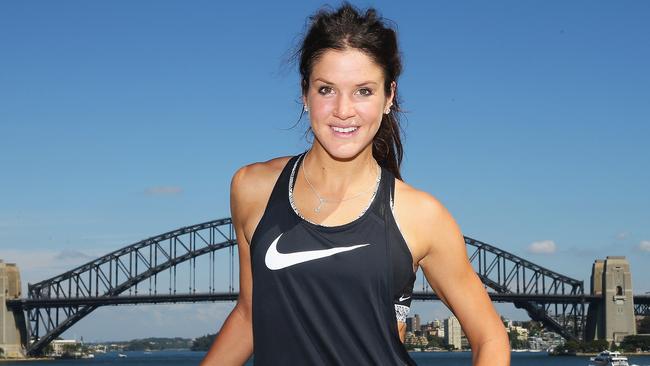
Around the same time, the Perth-born athlete, who moved to Sydney in 2017, found herself homeless, living in her VW Golf outside a friend’s home.
Flanagan claimed she had suffered years of poor treatment and bullying by Hockey Australia. “I was close to taking my own life. I went to The Gap … it could have happened.”
Last year she made a commitment to get sober.
“It took me four years to hit another rock bottom and commit to my recovery,” she said.
“I went into recovery and struggled through that. I also struggled with a number of mental health issues, including self abuse problems involving alcohol, which I used to ease some of the pain.
“It took not one stint but a couple to get sober and I’ve been sober now for four months.
“There was a lot of pain that I went through. It’s been a f … ing hard slog.”
Flanagan now performs 16 to 30 hours of community service a week, and has found a job and a home in Sydney’s eastern suburbs.
She is also working with drug and rehab counsellors and studying to be a social worker. “Doing support work has been good for me. Now I go into rehab centres and I share my story. There is a lot of power in sharing your experience.”
Flanagan said this year was the best year of her life. “I think being sober is something I’m more proud of than any sporting achievement,” she said.
“I would never have been able to have done it without the people I met in recovery who loved me back to life. Now I have purpose.”


